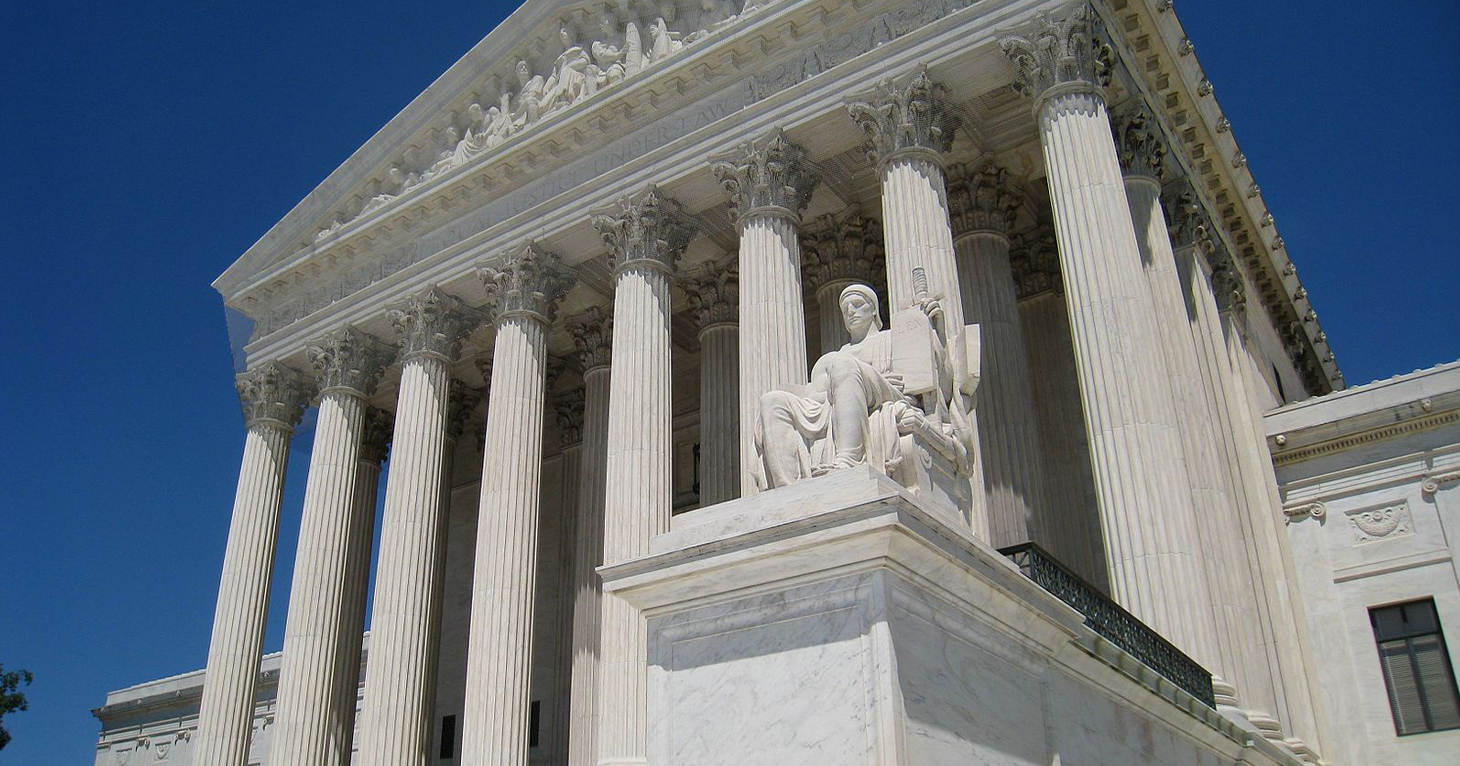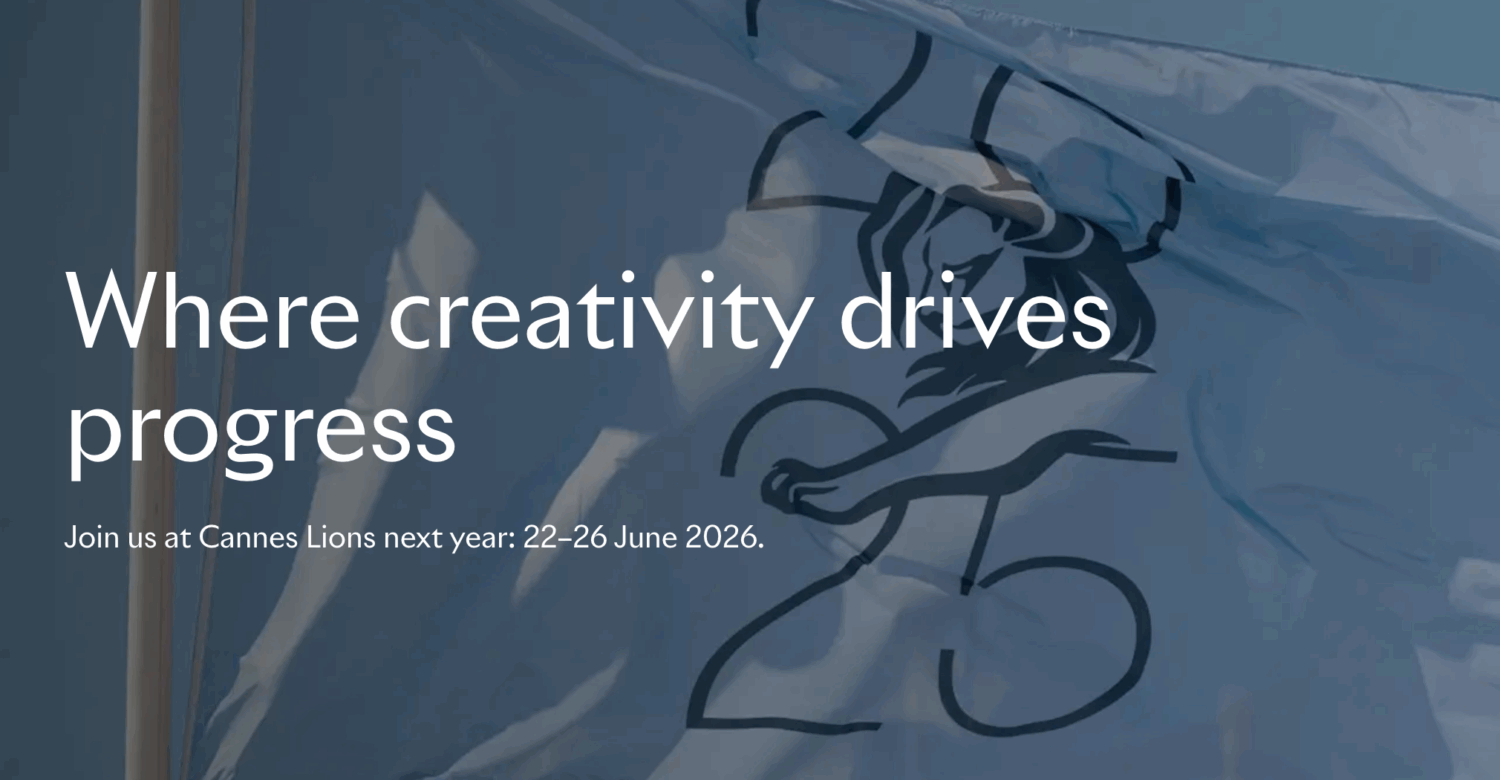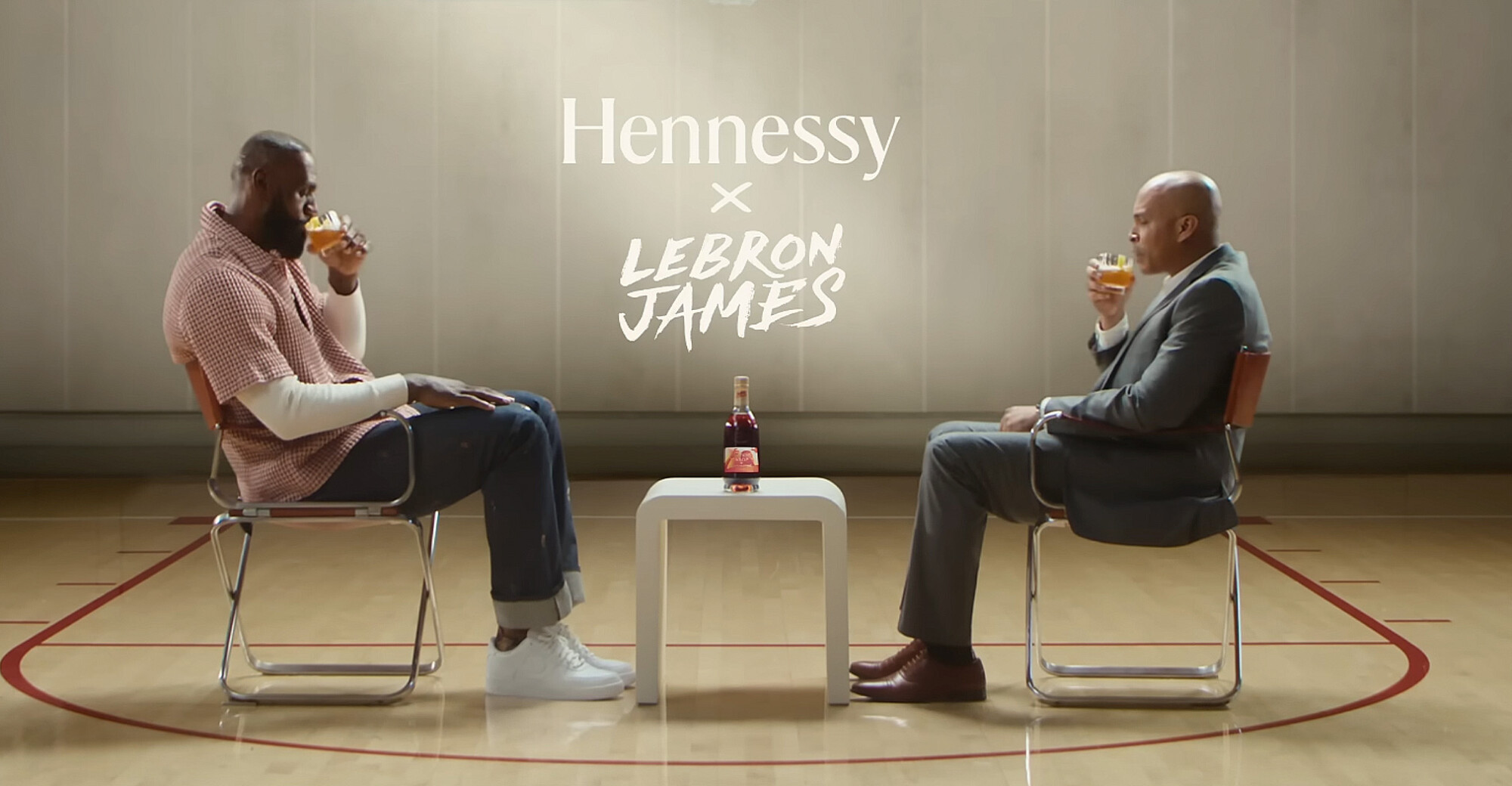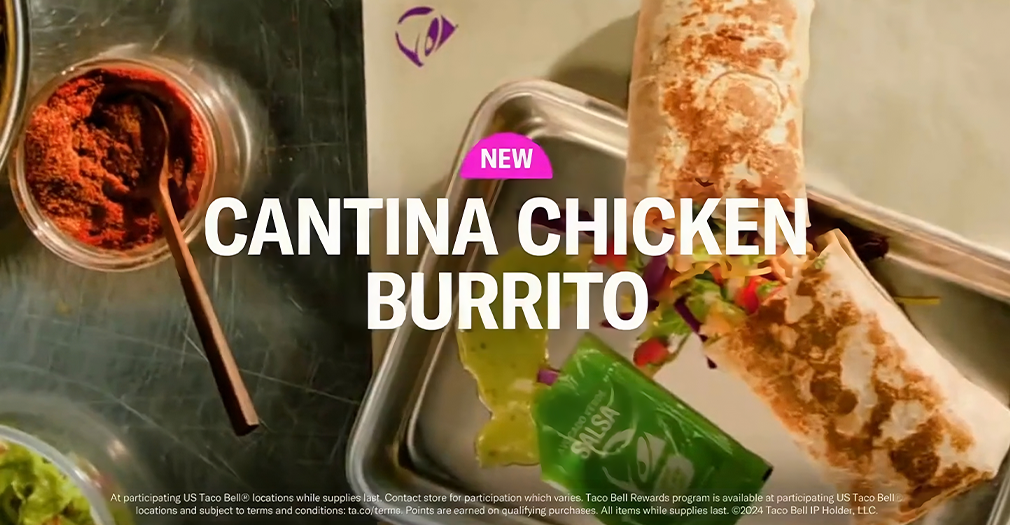
TINA.org Joins Consumer Advocates to Keep FTC Bipartisan
Why agency independence is in the best interests of consumers.
Misleading campaigns highlight this year’s big ad event.
| Tait Nelson
In the advertising world, there aren’t many things more prestigious than winning an award at the Cannes Lions Festival – an annual awards ceremony that refers to itself as “the world’s biggest celebration of history-making creativity.”
But this event may make history for some not so prestigious reasons. This year’s winning campaigns have faced a series of allegations, from greenwashing, to advertising dubious performance results, to avoiding music-licensing fees, and more – leading to new festival rules and even revoked rewards.
Here are two examples of this year’s “winners” who, like Icarus, may have flown a little too close to the sun in their pursuit of greatness.
As a fellow renter, I’ll admit it was hard not to get excited about a campaign titled “Ads Cover Rents.”
The campaign by Africa Creative featured an innovative way in which Brazilian beer brand Brahma tapped into skyrocketing rental prices during the country’s annual Carnival celebration. Brahma partnered with rental platforms to cover a portion of select apartments’ rent in return for placing ads on properties in high-traffic areas.
The promotion was declared a huge success. The campaign featured rental prices that dropped significantly – one purportedly went from $1,000 to $200, for example – and, according to the campaign, the sponsored rentals sold out in just one day. The program also claimed to have created 2,350 ads that were more impactful than traditional ones.
The only problem? Africa Creative may have been looking at the data through beer goggles.
According to media agency UOL, Africa Creative claimed in its Cannes Lions submission that Brahma intended to cover half the rent for bookings on Housi, an online startup housing marketplace, in five Brazilian cities when in reality the initiative’s payout may have been far less. In one of the cities – Salvador – UOL alleged that Housi only covered about 7.5% of the average rent. (Although, to its credit, the company reportedly threw in some free beer.)
When questioned, Africa Creative came clean in a statement to UOL saying it mistakenly exaggerated the impact of the campaign (while also noting that Brahma was not involved in the error).
Africa Creative did not respond to a TINA.org request for comment. TINA.org also reached out to Cannes Lions about whether it had taken any action to revoke the marketing agency’s Gold Lions award in light of the UOL investigation. We have yet to hear back.
In a campaign titled an “Efficient Way to Pay,” marketing agency DM9 shined a light on low-income households in Sao Paulo, Brazil devastated by high energy bills as a result of old, inefficient appliances.
The solution, according to the marketing campaign, was a program created by DM9’s client Consul, a Brazilian home appliance brand. The program allowed consumers to receive new, energy efficient appliances with no upfront costs and pay for them over time with the money saved on their monthly energy bills.
To emphasize the success of Consul’s program, DM9’s ad suggested that both the underlying issue and the Consul-driven solution were widely covered in the media. The campaign featured clips from a TED Talk showing that energy costs accounted for a whopping 30% of the monthly income for low-income communities in Sao Paulo, and from a CNN Brazil segment featuring happy Consul customers receiving their new appliances.
However, soon after the Cannes Lions festival wrapped up, CNN Brazil submitted a complaint to Cannes Lions alleging that the news footage was manipulated by AI. In fact, it appears there was no mention of Consul in the original CNN Brazil segment.
And the featured TED Talk similarly had AI fingerprints all over it, according to reports. Critics tracked down the original video and found a key discrepancy – the actual talk was based on low-income homes in America, not Sao Paulo, as shown by this TikToker:
In a statement posted on LinkedIn, DM9 referred to these issues as errors (if you’ve ever accidentally created a video with AI, maybe you can relate) and clarified that Consul was not responsible for any of the mistakes.
In the end, DM9’s chief creative officer and co-president took responsibility and stepped down. Cannes Lions released a statement, which clarified that the campaign – and two others submitted by the marketing agency – were withdrawn and that the festival had created a new committee dedicated to the regulation of AI. The organization also recently announced that in the future agencies caught cheating could face a three-year ban.
DM9 did not respond to TINA.org’s request for comment.
It’s important that creativity in advertising doesn’t come at the cost of honesty. If Cannes Lions is going to give advertising awards, it shouldn’t be awarding deceptive ones.
Why agency independence is in the best interests of consumers.
These players dropped the ball in their recent offseason announcements.
What you see may NOT be what you get.


